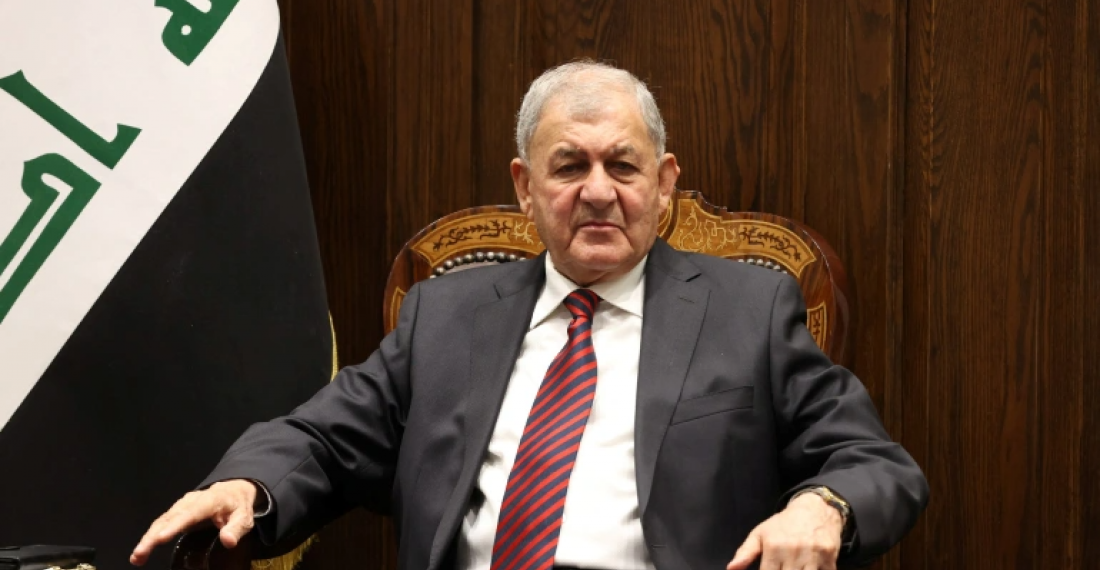On Thursday (13 October), the Iraqi parliament elected Kurdish politician Abdul Latif Rashid as the new president, ending a year-long deadlock. He is a 78-year-old engineer who served as the minister of water resources from 2003 to 2010.
Before Rashid’s successful election, Iraq had already made three failed attempts to vote in a new head of state this year from 7 February to 30 March. Though the election is a step in the right direction to solving Iraq’s political impasse, it is a limited success for Iraqi politics. The question now is whether President Rashid’s new prime minister-designate, Mohammed al-Sudani, will be able to form a government.
Mohammed al-Sudani was nominated for the position on 25 July by the Iran-backed Shia Coordination Framework, now the largest parliamentary bloc. Al-Sudani has served in several ministries in Nouri al-Maliki’s and Haider al-Abadi’s governments, including as minister of human rights from 2010 to 2014, and as minister of labour and social affairs from 2014 to 2018. However, he resigned from the Islamic Dawa Party in 2020 following allegations of corruption against al-Maliki.
Even before his political career, al-Sudani had a keen interest in Iraq’s socio-political landscape, having joined the 1991 Shia uprising. He took various local and central government positions after the 2003 US-led invasions. He is now the leader of the Euphrates Movement political party, which secured three seats in parliament in last year’s election, and he later entered the Shia Coordination Framework - rivals of Muqtada al-Sadr, and the Saairun alliance - in parliament.
Muqtada al-Sadr, an influential Shia politician and leader of the Sadrists, won the most seats in the October 2021 parliamentary elections. Despite this, he failed to rally enough support to form a government. Subsequently, Al-Sadr withdrew his parliamentarians from the assembly and announced his intention to quit politics in August 2022. Muqtada al-Sadr has been a central political player in Iraq since 2005.
Al-Sadr’s announcement and al-Sudani’s nomination led to the worst violence in Baghdad has seen in years. Mohammed al-Sudani has 30 days to form a government that commands a parliamentary majority, though it is feared that his designation may lead to more civil unrest.







